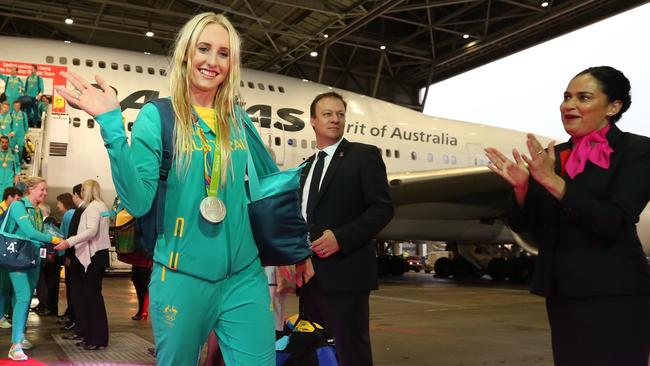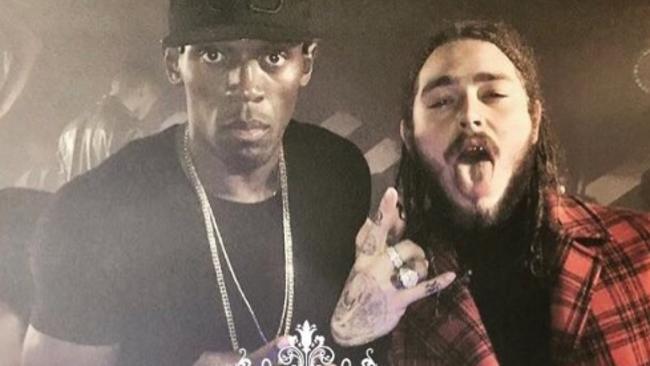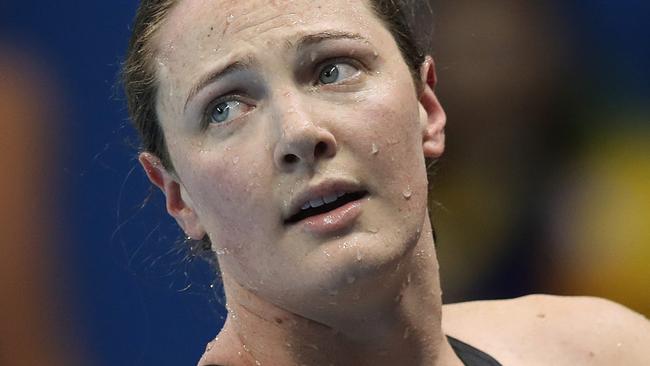Controversy strikes in heavyweight gold medal fight
BOOS rang out in the crowd as the heavyweight boxing gold medal match was embroiled in controversy. Once again, it involved a Russian.
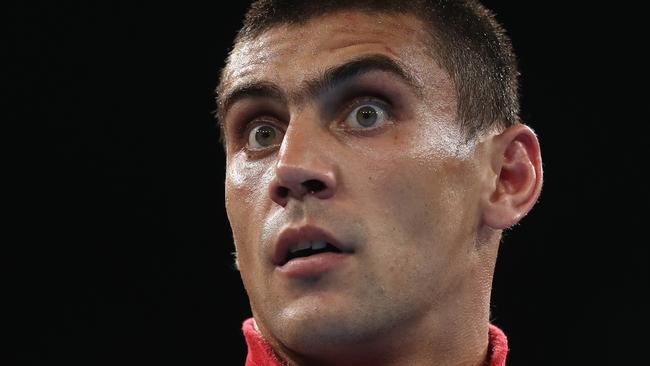
OLYMPIC boxing was at the centre of a judging controversy after Russian Evgeny Tishchenko added Rio heavyweight gold to his world and European titles on Monday at the expense of Kazakhstan’s Vassiliy Levit.
Loud boos rang out in the crowd after the announcement that the judges had surprisingly given Tishchenko the win on a unanimous points decision when most believed Levit had taken the fight.
But they reserved a ferocious cheer for Levit, 28, who wiped tears from his eyes as he accepted his silver. More boos followed when Tishchenko collected the gold medal.
A gracious Levit gestured to the crowd to give his Russian opponent a more respectful reception and the Kazakh said afterwards: “I came for gold but at the last step failed so I didn’t fulfil the programme 100 percent, but that’s life.
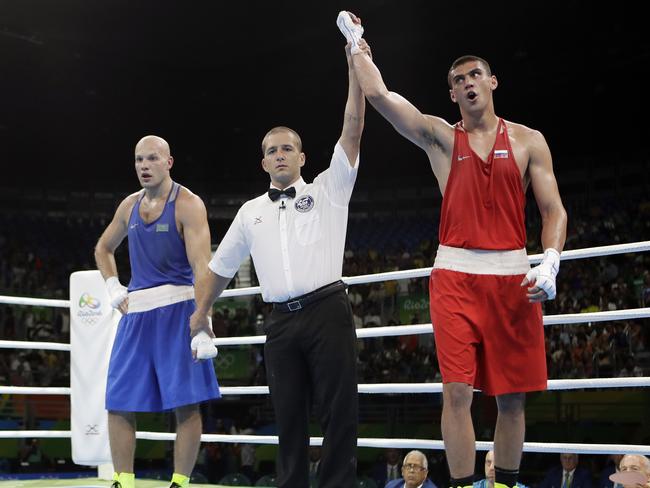
“Every fighter that comes out of the ring deserves respect,” he added, when asked why he had pleaded Tishchenko’s case to the enraged 9,000-seat arena.
“In my head I thought I had won and the coaches were quite happy with me and told me I did everything in the programme for the fight, but you saw how it ended up.”
Tishchenko, the 25-year-old with piercing eyes, said last week that his build-up to the Games had been hampered by the uncertainty caused by Russia’s doping scandal, which meant he only knew for sure that he would be competing days before the Olympics.
And he was hardly gleeful after winning gold, quickly getting tired of questions from reporters about whether he thought he had won the bout and the jeers that greeted the decision and him.
“It is really a pity that the stands reacted like that but maybe from the side it looked different from another angle,” Tishchenko said, admitting he was particularly disappointed to get booed on the podium.
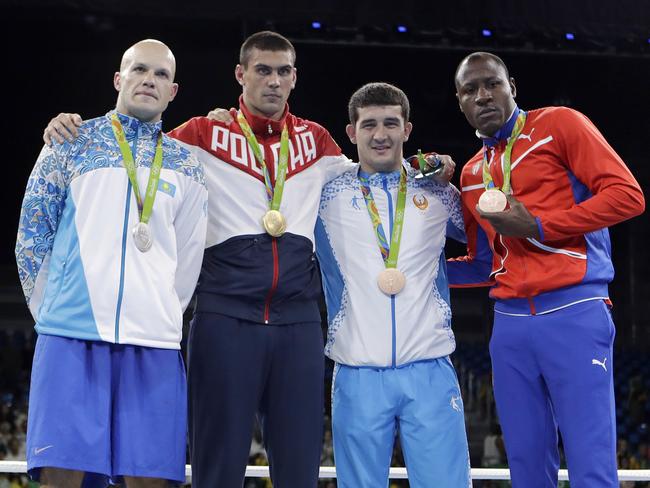
“I am really upset about this because I respect my opponent and the crowd, but I don’t know why they booed in that outrageous way.
“But if the judges gave me the win, they had reasons for it.”
Olympic boxing has binned the old punch-counting method that threw up numerous controversies in the past and now uses judges much like the pro ranks, part of moves to make the amateur fight game more attractive to the public.
The first round saw Tishchenko struggle to impose himself against the busier Levit, a former kickboxer and law student, who was trying to get inside the taller Russian at every opportunity to negate his longer reach.
It was more of the same in the second, with Tishchenko failing to get his jab going and Levit dictating the pace of the bout, although the Russian did finally let his hands go a little in the dying stages of the round.
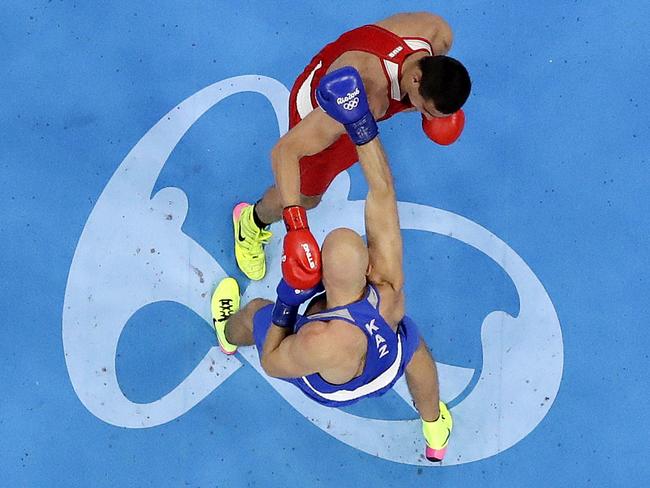
The world champion went into the third round appearing to need the big knock-out and the lumbering duo exchanged hard hits at the start to get the crowd interested at last.
Tishchenko suffered a cut to the top of his forehead, giving him a badly needed breather as he had lengthy treatment from the doctors with a minute left in the round.
Members of the Kazakh boxing support staff burst into tears as the decision came through, whilst Levit looked dumbfounded.
Rustam Tulaganov of Uzbekistan and Cuba’s Erislandy Savon each took home bronze.

